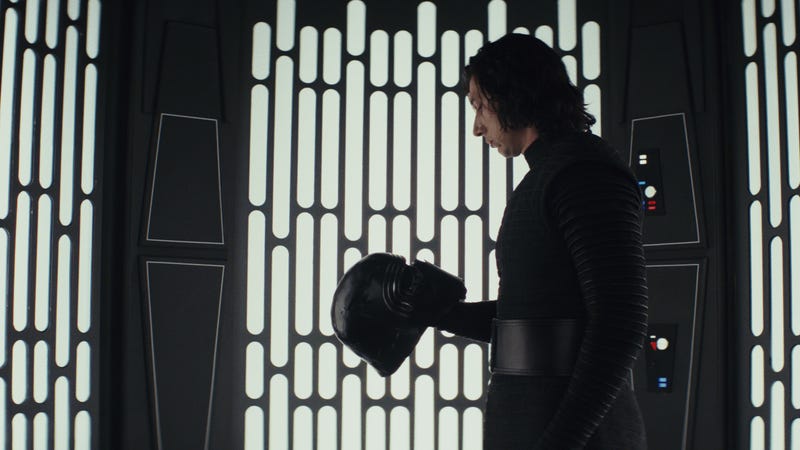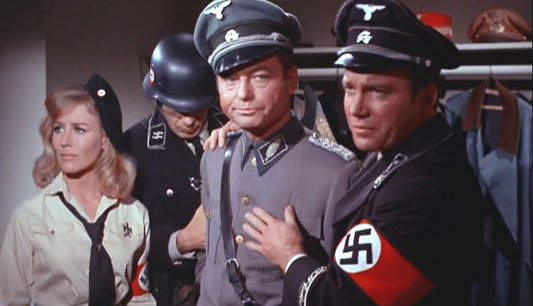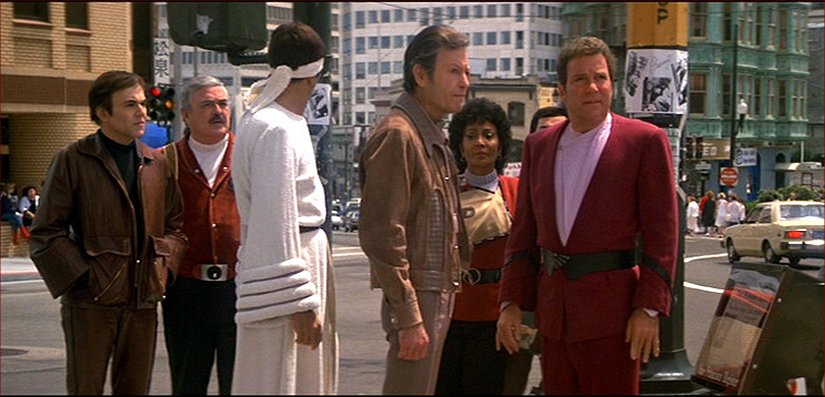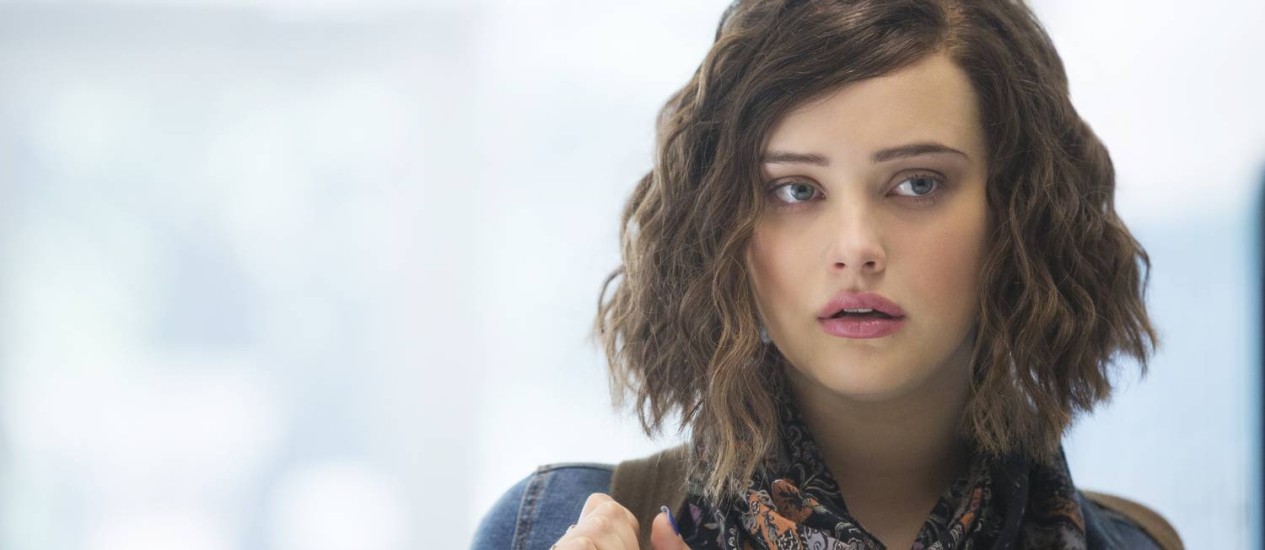The last Jedi is my favorite movie of the current era Star Wars (the Disney ones). It managed to correct most of the issues I took with its predecessors, like the predictability and the dependency of well-known in the franchise plotlines and characters in the force awakens, or the lack of meaningful character arcs of rogue one, while also adding some ambitious themes and ideas, which were pretty much never seen before in the franchyse. The following essay will detail my impressions of the movie, and as such it will spoil the heck out of it.
(Kind of found relatable, how this guy was almost literally saying fuck Star wars and its ideals)
The biggest idea of this film is how to deal with the past, usually abstracted to dealing with the mistakes committed previously, and the fact we are inevitably going to end up committing them again. Said conflict is perfectly portrayed through our title character the supposed last jedi, Luke Skywalker, a deluded man waiting on death for himself, and the order he represents, incapable of moving on and helping anyone. His apparently uncaring demeanor for others is warranted though, it comes from a bigger conflict regarding merits of his existence and of the jedi order. His questioning comes in the form of establishing a myth parallel, both him and the jedi became mythical infallible existences in the people’s eyes. But what is the worth in the existence of such mythical perfect entities, when in the past both committed and will keep committing mistakes, inevitably failing to the people of the galaxy and to apprentices who fall to the dark side? Luke’s resolve at the end of the movie shows him having a more positive relation with his own failures, by making him not only linger on its horrible aspects and using it as an excuse for not even trying, but instead as means of learning important lessons, passing those to others and even correcting some of the damage caused.
Rey and Kylo Ren are also struggling on how to deal with the such issues in the movie, Rey constantly looks for who are her parents, hoping that her heritage would define her identity as an individual. Kylo Ren’s character is defined by figures of the past, being both Luke’s failure in being his master, and his own failure at becoming Darth Vader. Those failures led him to a completely negative view on heritage, which is showed by his posture and ideology at the end of the movie, trying desperately to forget everything that came before him and erase its existence, him literally quoting "let the past die, kill it if you must". Rey solution to the issue consists not of forgetting or erasing previous events, but accepting it all even the unpleasant truth about her parent’s identity, but still strive to move on, make your actions in the present define who you are, and what will be her part in the grand scheme of things (or at least I think so, the movie was never really clear on Rey’s final stance for some reason).

(My favorite emo nazi)
The questioning of why the jedi as a myth and institution should be maintained despite being really flawed is only answered at the movie’s ending moments. The scene in question shows previously presented slave kids playing with toys one of them being of the legendary jedi Luke Skywalker, while wearing the rebellion symbol. And it is as a symbol, that the movie is saying the mythical elements of the past are really important, the myths regarding the rebellion and the jedi order are shown here to be important as symbols to motivate people, get them to look at the sky and dream of something above their reach, to inspire this new generation to go beyond and try harder, at achieving whatever things they may want. This inspirational aspect of idealized institutions like the jedi, is portrayed as way more important than their real fallible existence. And that is the movie answer to Kylo Ren destructive tendencies, sure simply burning everything and pretending the past no longer exists may be an easier choice, but it also ignores all its potential of positively changing the present, which is pretty ironic since Kylo Ren himself is an example, of a kid inspired by a mythical figure to become who he is now. It is hard not to die this whole discorse, with the nostalgic glorification of past Star Wars found in a new hope. On a way this messier, more nuance view on past, where we stll view its merits, while alsoi admiting its flaws is the movie direct answer to that. On a way Kylo Ren is talking about the legacy of the Franchise, when he claims to let the whole thing die to move further. A view the movie is certainly not advocating for, with its reaffirmation of what the instituitions anc characters represent.

(Luke throwing the lightsaber, the symbol of the nostalgic bullshit of a new hope, off a cliff, is such a great scene)
On another topic this movie tries to showcase an ideological basis for what the resistance stands for, which is good after 5 movies (yes the rebellion and the resistance are the exact same thing) of them being only the guys which were against the empire (first order), and believed in the force. The ways it does so is not so great really, this idea is implemented through Finn and rose plotlines, which I have to say are not as interesting or really have any real purpose on the movie. Their whole go to the casino, find the codebreaker and disable the tracker plotline really added nothing or had much purpose in the grand scheme of things. They achieved nothing by doing this, nor it helped the rebellion, or had any significance outside the two characters involved (and Phasma), it could had been completed gutted out, and the plot of this movie would be almost the exact same. It does move the character arcs in significant ways though, Finn learns to stop worrying only about himself or Rey, starts caring more about others and finally officially identifies himself with the resistance (even though the movie starts by ignoring his character’s urgency and making him go to help the resistance anyway), his act of even willingly try to die for the rebellion, being a great example of that. But really what said plotline has to showcase of what the rebellion stands for, is really not worth the waste of time, it is in general. It does say that the rebellion represents all the oppressed class of the galaxy, freeing slaves and abused animals supposedly represent that, and their way of fighting, has more to do with love, protecting what they love, than destroying what they hate. In the end it amounts to making them the rebellious group that fights for love and the oppressed, which is still not making much of differentiate and giving them an ideology as a group. It also adds nothing to other themes this movie has going for, how to deal with the past, while also managing to directly contradict the criticism of black and white morality this movie seems to be going for.
Moving on, this is the part I have to admit this movie gets kind of tricky to understand in everything regarding its treatment of the force. The jedi and their teachings are completely different in here than what the prequel guys seemed to preach, first because Luke keeps constantly telling for Rey to channel the force through her emotions, which is exactly the way which the way the sith are supposed to use the force. Emotions like anger, fear and hatred are all the time quoted as the way to the dark side, while the jedi proclaim that a peace of spirit is the correct state for dealing with the force. I also am not sure if they just flipped the whole balance concept, from it representing the nonexistence of dark side users, since those represent imbalance in the force, or the coexistence of both sides as integral parts of the force, Luke seems to be saying the former with his definition of the force being everything and containing both perfect light and darkness, but directly contradicts it, by saying that in the time where there were no sith, there was balance. It also gets the whole, jedi are altruistic, while sith are egoistic monsters crazy for power, completely wrong. Luke Skywalker does not have a single altruistic act until the movie’s climax. Kylo Ren is far from acting out of pure egoistical desires, his ideal new order is supposedly motivated for the wellbeing of others, nor he seems to have any fixation on power, or getting stronger now, which is also a sith mark.
All of which begs the question, are those mistakes proof of the creative team lack of comprehension of the dualistic conflict of the force? And to that I have to say no, those represent what I think to be a bigger commentary the movie had towards the Star Wars franchise. The best place to see that is in Finn’s side plot with a character most people would deem as insignificant, the code breaker. More specifically his speech of both the rebels and the first order being a part of the same war machine. And that ideas like one side being the good guys while the other are the bad ones, are just rationalizations of the people involved in the conflict, in order to feel better about their actions. By blurring the lines of both the jedi and the sith ideological basis the movie is attempting to say the same for the jedi sith conflict, that the usage of ideals like light, dark side are also just attempts to justify the jedi. The portrayal of the jedi as decadent, flawed and even apathetic to the suffering of others, and of a new more humane dark side user, which supposedly aims for the best of the galaxy and really has several moments acknowledging his flaws are the framework for this newly morally more grounded complex conflict, the movie is trying to set up. The destruction of the ancient jedi texts is also a very telling moment, it signifies that no longer the definitions and concepts presented in those texts are useful to represent the current conflict, only serving to stop Luke from doing what he must. It would be a brilliant idea and development for Star Wars if the freaking film did not contradict it by having a pitch perfect version of a resistance, that only fights by saving those they love and represent the oppressed, or for the first order to still appear as the same genocidal fascist organization, so good luck presenting a morally complex conflict with those sides.
In conclusion there are lots of other smaller things I really liked about this movie, like how this movie seems to acknowledge a lot of the criticism of the force awakens and cleverly incorporate commentary on them into the narrative, like the whole discussion about why Kylo Ren lost to someone completely unexperienced on light saber fighting. How it uses the audience’s expectations of these new set of movies only being retreads of the original trilogy, making a structure that would at first confirm these expectations which in turn makes the story twists even more surprising. Or the way this movie never shines way from showing characters failing horribly in a lot of what they attempt, just to drive the theme of how to deal with mistakes, and constantly has characters developing and learning with said mistakes, Poe being the biggest example. These are all things I really appreciated but what really sells the movie for me is how authentic it ends up felling as an experience, with rogue one and to a larger extent episode 7, both end up felling like movies elaborated by a joint commit only looking on how to make the most crowd pleasing product, guarantying a safe profit apparently being their metric of great entertainment. The last jedi for me never felt like that, the fact it was scripted and directed by a practically unknown guy in the industry, which already shown bigger risks being taken in its creation. What I watched definitely feels like a more personal completely different vision for Star Wars, and despite how baffling and messy some of its parts may be, I still enjoyed a lot the fact this is the kind of movie we ended up getting.






 (People who say season 2 is worst are delusional)
(People who say season 2 is worst are delusional) 